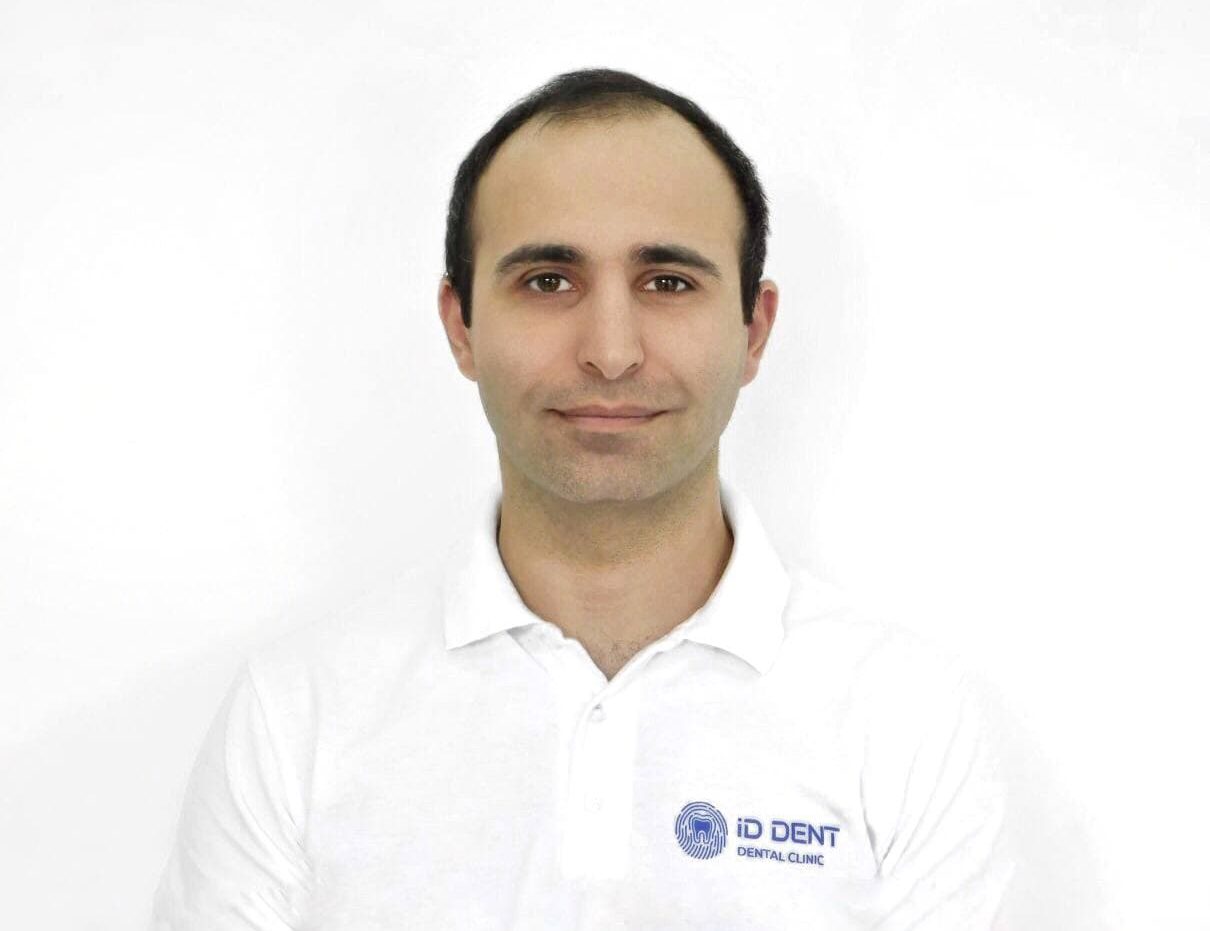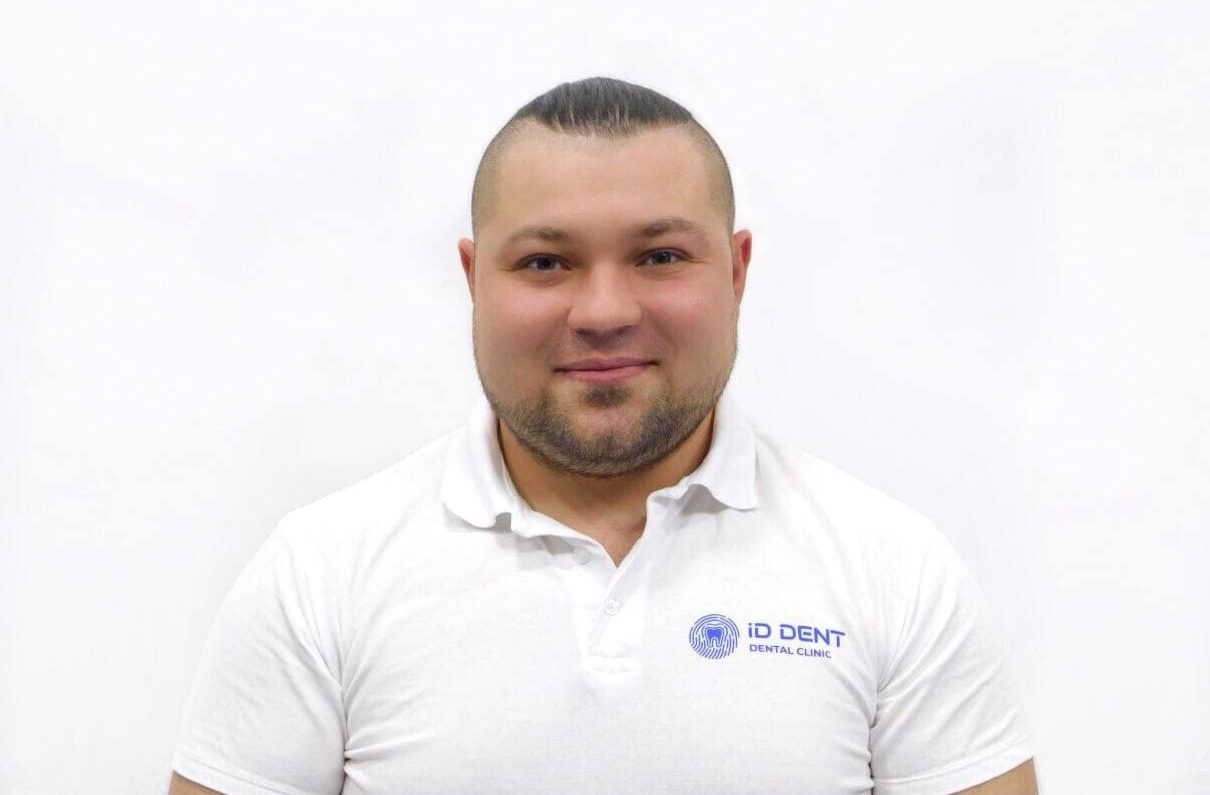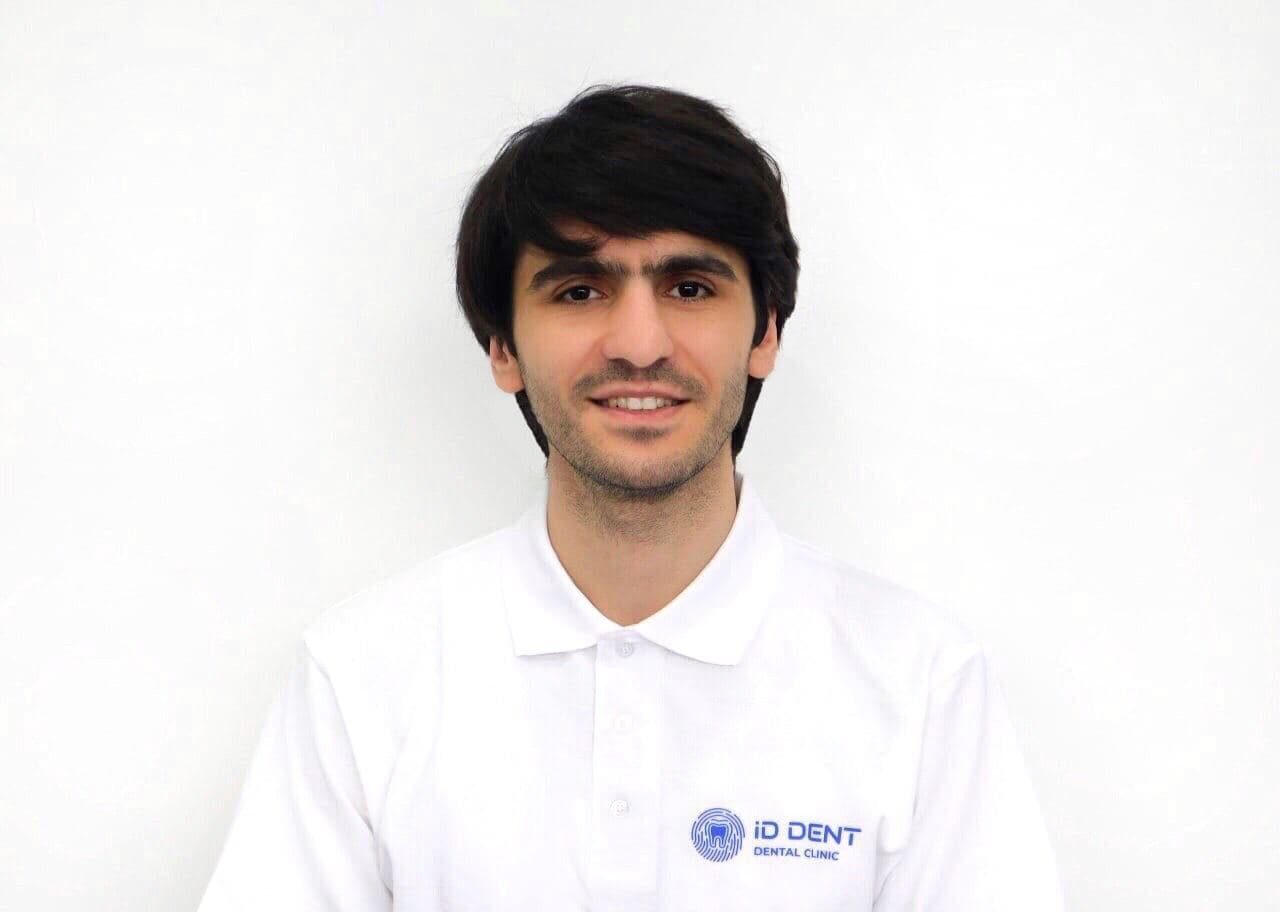Dental cyst
Periapical cyst or commonly known as a dental cyst is a pathology that occurs when a tooth abscess is not treated in time or when the teeth do not develop properly. In particular, a dental cyst forms at the apex of the tooth root and is shaped like a dense, fluid-filled capsule.
In most cases, the dental cyst is not dangerous and does not cause pain or discomfort, so it is usually detected when it reaches much more advanced stages and the only solution that is presented is surgical removal. Depending on the size of the periapical cyst, it can cause a change in the position of the teeth, so immediate treatment is recommended.
The main reasons for the origination of a dental cyst are the damage that may be caused and the infection of the teeth.



What problems can dental cysts cause?
In addition to the infections it can cause, a periapical cyst can interfere with the normal function of a tooth and can put pressure on the structure of adjacent teeth. Also, people with a dental cyst may feel pressure on their teeth. A periapical cyst can be identified by taking an X-rays. The x-rays will give the dentist detailed information and he will be able to determine the treatment method to recommend to the patient.
Periapical cyst treatment
Dental cysts are removed after surgery. Surgery to remove a cyst is called a Cystectomy, in which an incision is made in the gum so the doctor can remove the cyst and the infection. During the cystectomy procedure, the dental specialist will also remove the cystic membrane to minimize the chance of relapse.
Cystectomy is performed under local anaesthesia so that the patient does not feel pain. After surgery, your dentist will usually prescribe antibiotics and anti-inflammatory drugs. After the extraction of the dental cyst, it is important that patients follow the instructions of their medical specialist exactly.
In the event that we are faced with a small dental cyst that, in principle, does not present any danger to health, the treatment may consist of the prescription of antibiotics without the need to carry out a cystectomy.

 Kiev, st. Bratislavskaya 14B
Kiev, st. Bratislavskaya 14B








